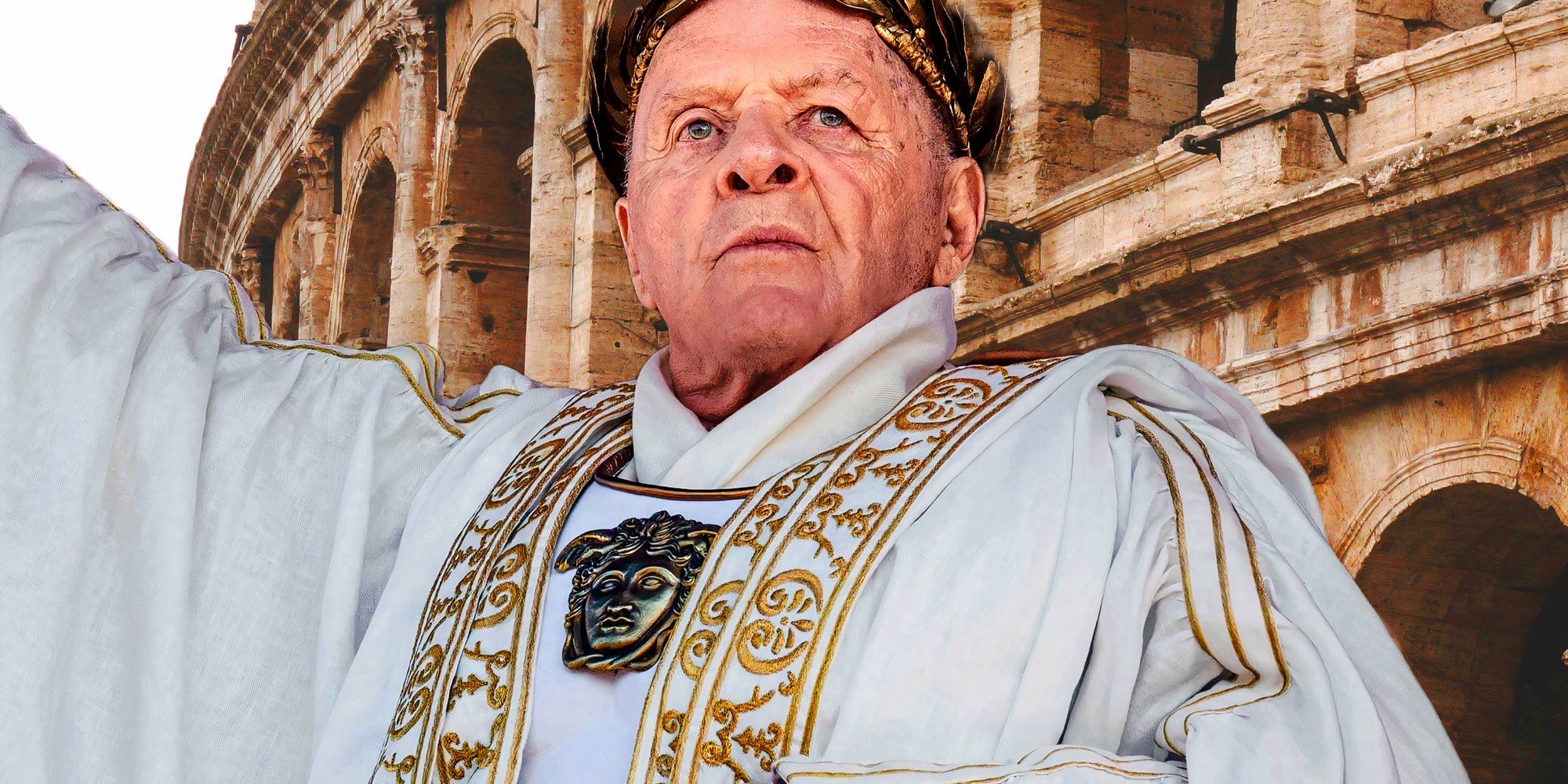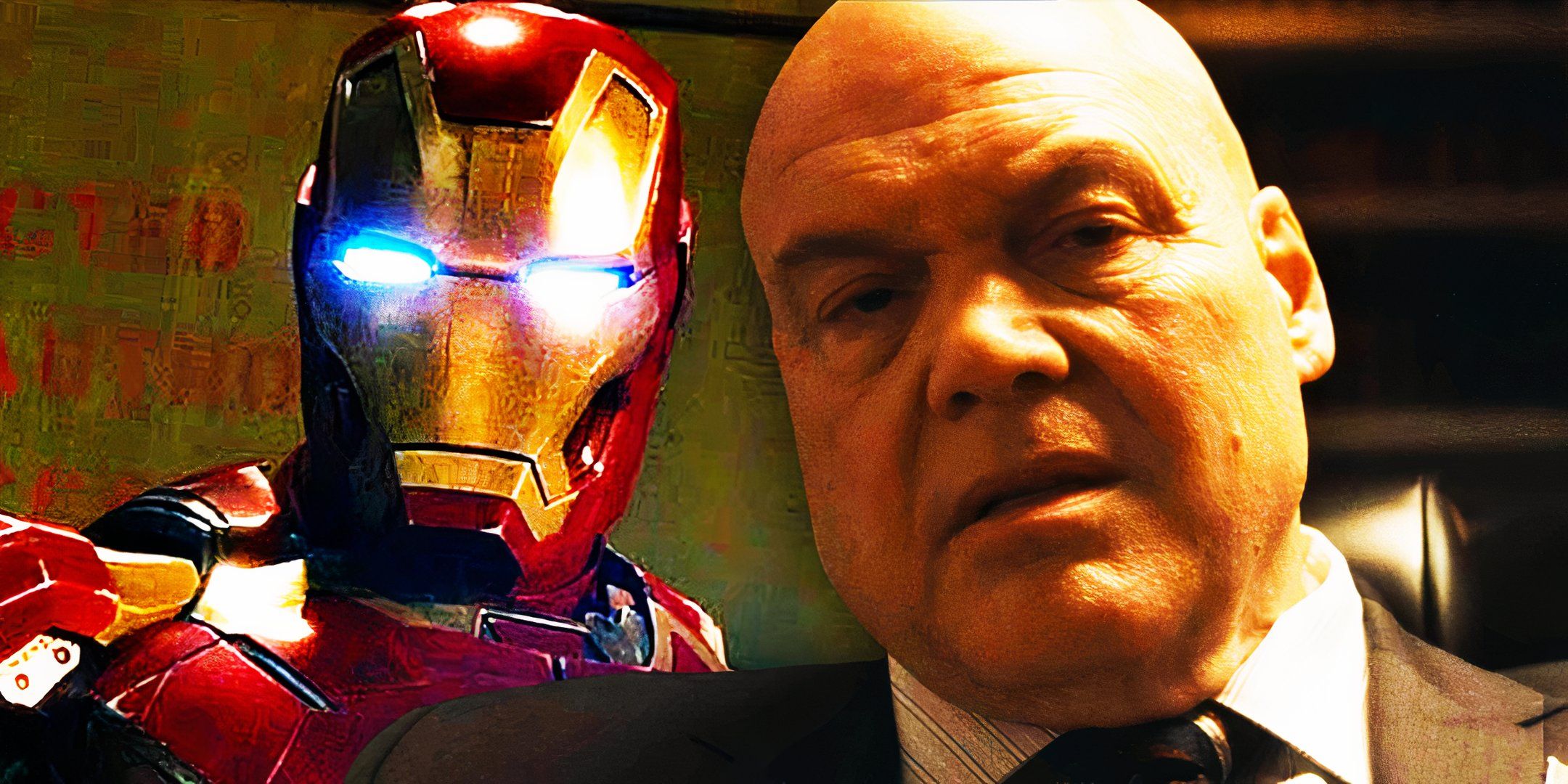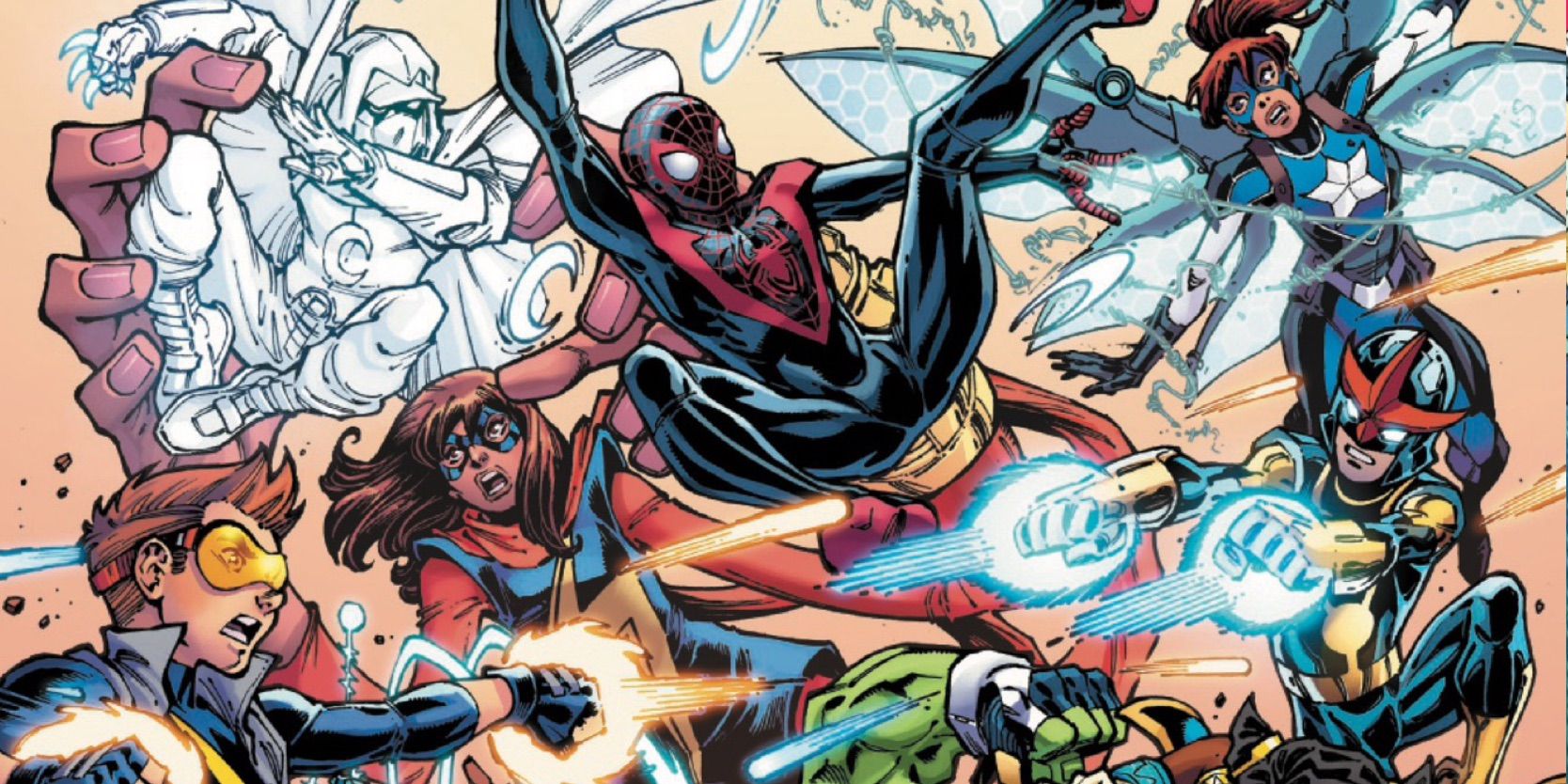What Happened To Those About To Die's Vespasian In Real Life
Summary In Those About to Die, Anthony Hopkins plays real-life Roman emperor Vespasian.
Vespasian is notable in real life for uniting Rome after the Year of Four Emperors.
After his death (which is depicted accurately), he was succeeded by his son.
Real-life Roman emperor Vespasian's life is depicted in Peacock's Those About to Die, to a certain degree of accuracy. The streaming show is a swords-and-sandals epic that brings history to life in the same vein as classics such as Spartacus, Gladiator, and HBO's Rome. In fact, the show is based on the Daniel P. Mannix book of the same name (which was later retitled The Way of the Gladiator) that originally inspired the screenplay for Ridley Scott's Oscar-winning Gladiator, which was adapted by David Franzoni, John Logan, and William Nicholson.
The show features a robust ensemble cast that includes The Monuments Men's Dimitri Leonidas, Masters of the Air's Jojo Macari, Station 19's Gabriella Pession, Death in Paradise's Sara Martins, The English's Tom Hughes, and Game of Thrones' Iwan Rheon, many of whom are playing real Romans from the historical record. They are led by Oscar winner Anthony Hopkins as Emperor Vespasian. While the show does take some liberties with various characters and events, the majority of the way that Vespasian is represented onscreen matches his real-life actions, historical importance, and fate.
Related Peacock's $140 Million TV Series Is Gladiator 2's Biggest Threat Although Gladiator 2 could be the biggest movie of 2024, Peacock's new $140 million TV series could prove to be Gladiator 2's biggest threat.
Vespasian Restored Peace To Rome After The Year Of Four Emperors
The Roman Emperor Rose To Power During A Tumultuous Time
Your browser does not support the video tag.
Although Peacock's Those About to Die doesn't go into the fullest detail about the events leading up to Vespasian taking power in Rome, it more or less accurately depicts the way his rule had a huge impact on the empire. His rise to power came during a tumultuous time in Roman history that became known as the Year of the Four Emperors. The year, 69 AD, saw Emperor Galba assassinated, his replacement Otho die by suicide after being defeated in the First Battle of Bedriacum, and his replacement Vitellus killed by a mob after the Second Battle of Bedriacum.
Galba, who rose to power after Emperor Nero died by suicide, only ruled for seven months total, between June 68 and January 69.
Vespasian became the fourth and final emperor to take control at the end of the violent year of political upheaval. Once in power, he took action to stabilize Rome in a variety of ways. This included initiating stronger diplomacy with the military and many public figures, consolidating the empire's power, restructuring the Senatorial order, and reforming Rome's fiscal system. This all allowed him to establish the Flavian dynasty, which replaced the Julio-Claudians, the first Roman dynasty, after the Year of the Four Emperors.
He Died At Age 69 After An Illness 10 Years Into His Reign
Vespasian Passed Away in 79 AD
Close
While Vespasian ruled for a decade, he passed away after a relatively short reign despite reigning for considerably longer than any of his three immediate predecessors. He died of an illness that the historical record suggests may have been dysentery or typhoid, as it involved intense diarrhea and a fever. He fell ill while visiting Campania and went to rest in the area outside the town Reate, eventually dying of his illness on June 23, 79 AD. He died at age 69, making the most unfaithful element of his depiction on the show the fact that Hopkins is in his mid-80s.
Anthony Hopkins was born on December 31, 1937, making him 86 years old at the time of writing.
Those About to Die depicted the specifics of Emperor Vespasian's death relatively faithfully. This includes the fact that he demanded that he die while standing up, as he believed an emperor should, despite his struggles to stay upright. While on his deathbed, he did also say "Vae, puto deus fio," which means "Dear me, I think I'm becoming a god," something that the show brought to the screen with relative accuracy in spite of the language difference.
He Was Succeeded By His Eldest Son, Titus (& Then Domitian)
The Flavian Dynasty Lasted Until 96 AD
Vespasian's death saw his eldest son Titus, who is played on the show by Tom Hughes, rise to power. He reigned during several historically important moments in the Roman empire, including overseeing the completion of construction on the Colosseum and helping his subjects overcome the eruption of Mount Vesuvius in Pompeii as well as a disastrous fire in Rome. However, he died of a fever in 81 AD, just two years after becoming Emperor.
The Flavian dynasty [ended] after fewer than 30 years.
Titus was then succeeded by his younger brother Domitian, who is played in Those About to Die by Jojo Macari. During his 15-year reign, he continued efforts to repair Rome after the fire and oversaw the empire as it faced other issues including war in Britian. During his rule, his policies grew more and more authoritarian. As a result, he was assassinated in 96 AD by members of the court and was replaced by Nerva, ending the Flavian dynasty after fewer than 30 years.











COMMENTS